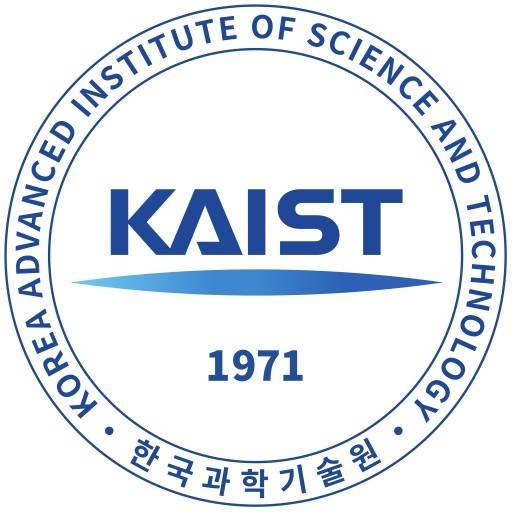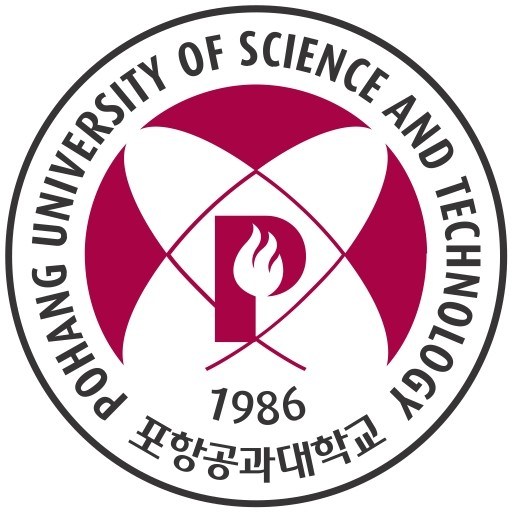Photos of university / #official_kaist
"KAIST's Bachelor of Science in Computer Science is a comprehensive undergraduate program designed to cultivate highly skilled professionals equipped to meet the rapidly evolving demands of the digital world. The curriculum provides a solid foundation in core areas such as algorithms, data structures, computer architecture, and programming languages, ensuring students develop strong problem-solving and analytical skills. Emphasizing both theoretical knowledge and practical application, students engage in hands-on projects, internships, and research activities that foster innovation and technological proficiency. The program covers essential fields including artificial intelligence, machine learning, software engineering, cybersecurity, and data science, preparing graduates to contribute effectively across diverse industries. Students benefit from state-of-the-art laboratories, collaboration with leading industry partners, and access to cutting-edge research opportunities led by renowned faculty members. Furthermore, the program encourages interdisciplinary approaches, enabling students to apply computing solutions in fields like robotics, bioinformatics, and environmental technology. With a global perspective, the curriculum incorporates courses on international standards and practices to prepare students for the global tech landscape. Through a combination of rigorous coursework, innovative projects, and a strong emphasis on research, the Computer Science program at KAIST aims to produce versatile, forward-thinking graduates capable of leading advancements in technology. Graduates are well-positioned for careers in academia, industry, and entrepreneurship or to pursue advanced degrees in specialized areas of computer science, contributing to society’s technological development and digital transformation."
General Course
- Introduction to Computer Application
Elective Major(Essential)
- Design and Analysis of Algorithms
- Computational Geometry
- Computer Architecture
- Theory of Programming Languages
- Theory of Formal Languages and Automata
- Operating System
- Network Architecture
- Internet Systems Technology
- Distributed Systems
- Wireless Mobile Internet
- Advanced Information Security
- Software Engineering
- Models of Software Systems
- Designs for Software and Systems
- Database System
- Database Design
- Artificial Intelligence and Machine Learning
- Intelligent Robotics
- Natural Language Processing I
- Computer Vision
- Computational Linguistics
- Interactive Computer Graphics
- Semantic Web
Elective Major(Elective)
- Smart Business Application and Development
- Bionic Human-Robot Interaction
- Software Ecosystem
- Graph Theory
- Parallel Processing
- Social network-aware ubiquitous computing
- Theory of Compiler Construction
- Program Analysis
- Embedded Operating Systems
- Real-Time Systems
- UX-oriented Platform Design Studio Ⅰ
- Ubiquitous Networking
- Digital Contents Security
- Advanced Software Engineering
- Software & Systems Product Line Engineering
- Software Process
- System Modeling and Analysis
- Software Engineering Economics
- Information Storage and Retrieval
- Distributed Database
- Advanced Database System
- Advanced Data Mining
- Fuzzy and Intelligent System
- Advanced Machine Learning
- Reinforcement Learning
- Natural Language Processing II
- Pattern Recognition
- Advanced Computer Graphics
- Computational Colorimetry
- Digital Storytelling
- Human-Computer Interaction
- Motion Planning and Applications
- Large-Scale Image & Video Retrieval
- Topics in Computation Theory
- Topics in Computational Architecture
- Topics in Parallel Processing
- Topics in Programming Languages
- Topics in Operating Systems
- Topics in System Architecture
- Topics on Information Security
- Topics in Software Engineering
- Topics in Database System
- Topics in Computer Vision
- Topics in Natural Language Processing
- Topics in Artificial Intelligence
- Topics in Cognitive Science
- Topics in Interactive Computer Graphics
- Topics on Human-Computer Interaction
- Technical Writing for Computer Science
- Special Topics in Computer Science I
- Special Topics in Computer Science II
- Special Topics in Computer Science Ⅲ
Research
- Ph.D. Dissertation Research
- Seminar
Requirements
- Application Form
- Statement of Financial Resources
- Letters of Recommendation
- Degree/Diploma
- Transcripts
- English Proficiency Test Reports (EPT)
TOEFL (PBT 560, CBT 220, IBT 83), IELTS 6.5, TEPS 599, TOEIC 720 or higher - Curriculum Vitae
- List of Honors and Awards
- Employment Certificate
- School Profile/Credit Rating System
- The application fee is KRW 80,000 or USD 80. Payment can be made by credit card or bank transfer after writing application form online. Please note that application fee is non-refundable and you cannot modify application form once you pay the application fee.
Scholarships
- KAIST International Student Scholarship
- Korean Government Scholarship (KGSP)
- Russian Government Scholarship – Global Education Program (GEP)
The Computer Science program at the Korea Advanced Institute of Science and Technology (KAIST) is a comprehensive and rigorous undergraduate program designed to equip students with foundational knowledge and practical skills in computer science. The curriculum emphasizes both theoretical principles and real-world applications, preparing graduates for careers in academia, industry, and research institutions. The program covers a wide array of disciplines within computer science, including algorithms, programming languages, software engineering, artificial intelligence, machine learning, data science, cybersecurity, databases, and systems architecture. Students have opportunities to participate in cutting-edge research projects, internships, and collaborative ventures with industry partners, fostering innovation and practical experience.
KAIST's Computer Science program is structured to promote interdisciplinary learning, encouraging students to explore related fields such as electrical engineering, mathematics, and business. The faculty comprises leading researchers and industry experts dedicated to mentoring students and advancing knowledge in the field. The program offers various specializations and interdisciplinary tracks, enabling students to tailor their education according to their interests and career aspirations. Facilities include advanced laboratories, research centers, and computing resources to support hands-on learning.
Graduates of the program are well-positioned to pursue graduate studies or to enter the workforce as software developers, system analysts, data scientists, cybersecurity specialists, and research engineers. KAIST's reputation for scientific excellence and innovation has led to high employment rates and recognition worldwide for its computer science graduates. Through a combination of coursework, research opportunities, and industry engagement, the program aims to develop critical thinking, problem-solving skills, and technical expertise essential for leading technological advancements in the rapidly evolving digital era.

